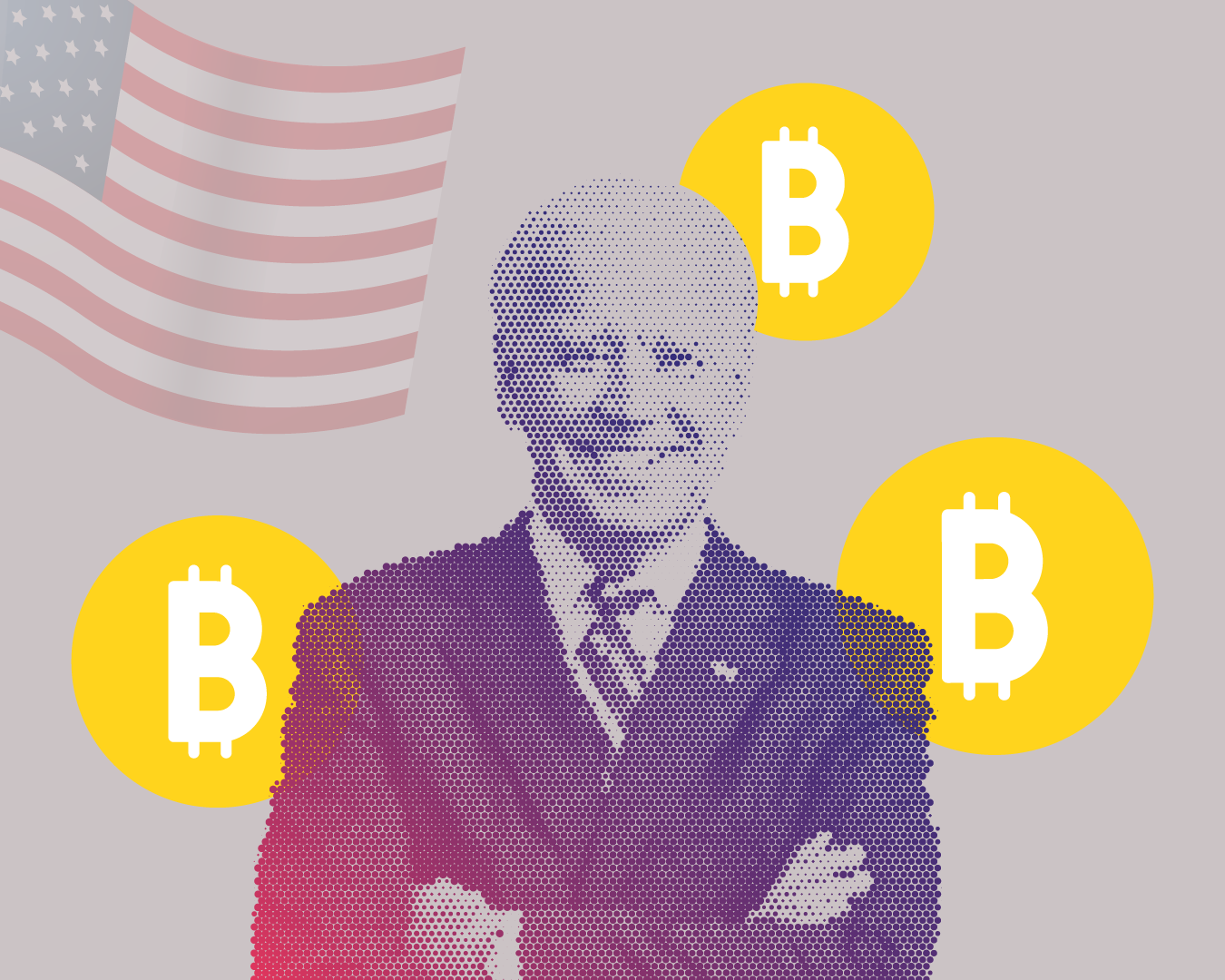In recent months, top officials in the United States have been calling for regulatory bodies to clamp down on the crypto industry. Looking to define several assets as securities and build a legal framework around the buying, selling, and exchanging of digital currencies, the call for regulation is intended to be centred around protecting investors.
Below we explore elements of what the regulation is going to control and what aspects of the industry they’re looking to clamp down on.
What Does Crypto Regulation In The U.S. Entail?
Big names among top U.S. financial officials like Congressman Brad Sherman, Securities and Exchange Chairman Gary Gensler, and Senator Elizabeth Warren have been calling for more stringent laws to be made regarding crypto trading activity in the United States.
Their first objective is to manage the unregistered securities, calling for them to be registered, traded through reputable exchanges, and requiring AML/KYC verifications for all traders.
In the United States, a security is defined as being an “investment of money in a common enterprise with a reasonable expectation of profits to be derived from the efforts of others.” If an asset is classified as a security based on the criteria above, then it can only be traded on registered exchanges such as the New York Stock Exchange and NASDAQ.
While this works well for stocks and commodities, cryptocurrencies don’t necessarily fit into the traditional financial sector, hence the call for new legislation.
Many believe that once a cryptocurrency becomes a registered security its value will demise and is likely to be delisted from top crypto exchanges.
The SEC vs XRP
A notable case in the United States’ war against crypto is Ripple (XRP). The once third biggest cryptocurrency has faced the worst of it after the SEC banned all exchanges from trading the cryptocurrency in December 2020. In an ongoing legal battle, the SEC is demanding that Ripple be listed as a security.
In the precedent-setting case, Ripple is being targeted specifically, however it appears to be representing the industry at large. Outcomes from the various hearings will have a significant effect on any future cases that the SEC takes up with any crypto companies, whether cryptocurrencies or exchanges.
Following the ban on trading, Coinbase were quick to delist XRP, however, the SEC still went after them, serving a Wells notice, an “official way a regulator tells a company that it intends to sue the company in court” according to the exchange.
Which Cryptocurrencies Will Be Targeted Next?
While the SEC vs XRP battle continues, other cryptocurrencies are being faced with regulatory pressure. Though, not all of them. Bitcoin and Ethereum have already been exempt from any security definitions, defined instead as property for the sake of taxes (most other cryptocurrencies fall into the same sector).
However, until the cryptocurrencies are defined as “digital currencies” all transactions have to be reported as taxable events. Industry insiders are hoping that the SEC will create a new asset class (namely “digital currencies”) to bypass this labour-intensive hassle.
Exchange-based Tokens
Exchange-based tokens are likely to be put under the spotlight soon too, with eyes on Binance’s BNB and FTX’s FTT. Due to the nature of these tokens’ value relying heavily on the exchanges behind them, they will likely fall into the securities category.
Stablecoins
Stablecoins are also coming into the crossfire, Tether specifically, as banks have called on Congress to regulate them. As stablecoins and the DeFi movement pose a real threat to banks, this backlash comes as no surprise.
Tether is getting the most attention as it claims to be backed by the U.S. dollar on a 1:1 ratio, however, records show that the company only holds enough funds to back 77% of the USDT in circulation.
It is estimated that the regulation will not ban the use of stablecoins entirely, but rather ensure that their records are transparent and that the correct amount of fiat is being held. While stablecoins are unlikely to be deemed as securities, tokenized stocks might not be as lucky.
Tokenized Stock
Tokenized stocks are tokens pegged to the value of various stocks. While they provide a much greater range of benefits over their “original” counterparts, the fact that they’re available to anyone around the world (and not people within the U.S. with a national bank account) this likely to be a big red flag.
Future Regulation
As we look forward, regulation in the crypto industry does not necessarily need to be negative. While some cryptocurrencies and exchanges are likely to be affected, the majority of the market will remain untouched, and might even reap several benefits from any legal framework imposed on the industry.
As the industry as a whole continues to move in a long term upward trajectory, it’s unrealistic to believe that anything like regulations is going to change that.
________________________________________________________
Oobit Technologies Pte, 50 Raffles Place #37-00 Singapore Land Tower, Singapore (048623). is a company registered in Singapore (no:201716443G), that has been approved as Appointed Representative of Oobit Technologies OÜ, Harju maakond, Tallinn, Lasnamäe linnaosa, Väike-Paala tn 2, 11415, (no: 14852617 ). Which is authorized and regulated by the FIU (no: FVR001421 and FRK001304).
